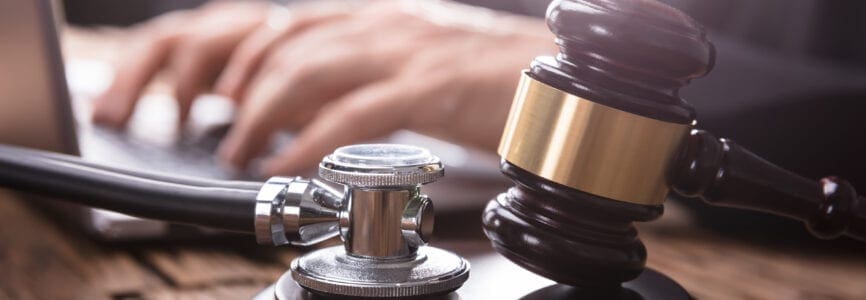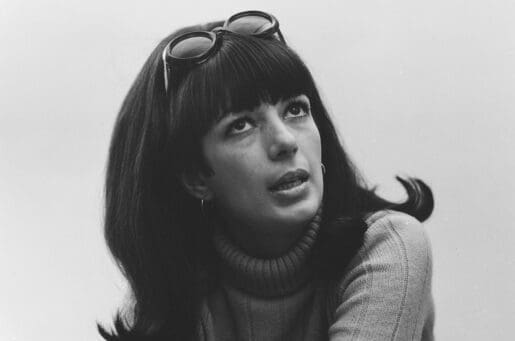Bioethics Forum Essay
Ethical Medicine Means Getting Political
Dilemmas that clinicians face in the coronavirus pandemic–who gets the ventilator, the 80-year-old grandmother or the 20-year-old student?–are the bread and butter of mainstream bioethics. In medical school, my classmates and I memorized the four principles (beneficence, nonmaleficence, justice, and autonomy), which we were told would help us make hard clinical decisions in ethically ambiguous terrain.
But Covid-19 shows that medical ethics means much more than what generally falls under bioethics. Medical ethics is deeply political, and to act ethically in medicine means engaging the larger context in which it operates.
So, yes, undeniably important decisions need to be made. But when we in medicine restrict the definition of medical ethics to questions about the individual patient in the hospital bed, we may forget the larger context in which these decisions are made.
We must not forget about the patients who never even make it to the hospital–for example, those who forgo medical care after a positive Covid-19 test because they cannot afford the cost of treatment. Nor must we forget the many ways our patients are first made vulnerable to sickness, be that through unsafe work conditions, poisoned municipal drinking water, or the overcrowding that has made prisons a powder keg for Covid-19 outbreaks. These, too, are questions of medical ethics.
Bioethics as a field derives its authority from medicine. If medicine itself is complicit in avoiding these larger questions, perhaps it is no surprise that the questions bioethics asks are so small.
To be ethical, medicine must realize its unavoidably political nature. Acting on this information would mean that we in medicine should become more actively engaged with the life of the polis, the community, to facilitate human flourishing. Only after we begin to ask more penetrating questions can we begin to act in a way that is comprehensively ethical. Such full-bodied engagement, unfortunately, is not taught in medical school. American medicine could start by insisting that health care is a human right and calling attention to the ways that poverty and marginalization make patients sick. We can organize to fight the things that cause unnecessary suffering: social, political, economic, and environmental injustice.
Social and structural forces–the influences larger than an individual’s biology or behavior–are powerful drivers of health and disease. Violence, economic precarity, ecology, transportation, neighborhood design, racism, educational opportunities, housing, and food systems all profoundly influence health. These forces don’t respect national borders: the free trade agreements that flooded the Mexican market with subsidized American corn (and high-fructose corn syrup) led to high rates of diabetes and kidney disease. Compounding these factors is the greatest threat to global health in the twenty-first century: the climate crisis. Indeed, infectious disease outbreaks are only expected to increase on a warming globe, even in rich countries.
Such a litany of threats to health can feel daunting to those of us in medicine. Isn’t it hard enough to learn to the ropes of our profession–do we really have to be experts in trade policy and greenhouse gases to be good doctors? Thankfully, no. As complex as medicine is, the moral thrust behind it is simple: we are called to be deeply present, and as useful as possible, to those who are suffering. We do not need to be experts in everything, and we do not need to try to extend medicine’s authority over all spheres of life; the world is not a hospital. Yet, if we want to truly do right by our patients, we must publicly proclaim the ways in which these larger patterns of social brokenness manifest themselves in our clinics and hospitals. Rage against “stupid deaths” and what might be called stupid suffering is not being overly emotional, it is being awake. Our task is to witness this brokenness, and if we want to transform it, to be a witness to the rest of society.
In medicine we run toward fires. A life in medicine is one of solidarity with the suffering–one in which we try to better love our patients and neighbors in our specific way. As we are finding out, medicine can be a dangerous profession. Doctors, nurses, medical assistants, community health workers, and many others are putting themselves at risk on the front lines as they attempt to be faithfully present to their patients amid overwhelming suffering.
As these over-burdened clinicians know, the lives and deaths of Covid-19 patients manifest the unethical and longstanding vulnerabilities in American society. Extended time away from work will destabilize families living paycheck to paycheck. If one catches the virus, surprise medical bills and widespread un- and underinsurance may be devastating–especially under an administration with no commitment to an affordable vaccine or the foresight and cooperation required for an adequate public health response. This does not bode well. Even mainstream medicine’s professional body, the American Medical Association, has a sordid history of resisting calls for the universally accessible basic health care necessary for health–a human right the international medical community has aimed to ensure for more than 40 years. These realities reflect the general fraying of our common life. Sadly, and as always, the poor and sick will be the first to suffer.
The “Pope of medicine,” Rudolf Virchow, once quipped that “politics is nothing but medicine at a large scale.” If this is true, then medicine is politics at a small scale–the scale of the patient in front of us. Medicine must become courageous enough to ask bigger questions. Our suffering patients confront us, point blank, with the ways in which we all fail to love one another well. Let us not waste this moment to imagine a more just and healthier world.
Brendan Johnson is a medical student at the University of Minnesota and a Theology, Medicine, and Culture Fellow at Duke Divinity School. Twitter: @dbrendanjohnson













Brendan, This was very well written. You have put alot of thought into this. You wrote about the dilemma of Drs and other professionals trying to get a grip on what’s happening in the world today as it battles the Covid 19. And it’s not just the Covid 19 but the injustices in today’s world and with our climate that is unstable. Many bio ethical dilemmas are right in our faces now, and if we can each make some difference that would be helpful to all. It becomes a medical, political and spiritual endeavor.
Bravo! Great to see this kind of insight. Gives me hope for the future of medicine, and all of us.